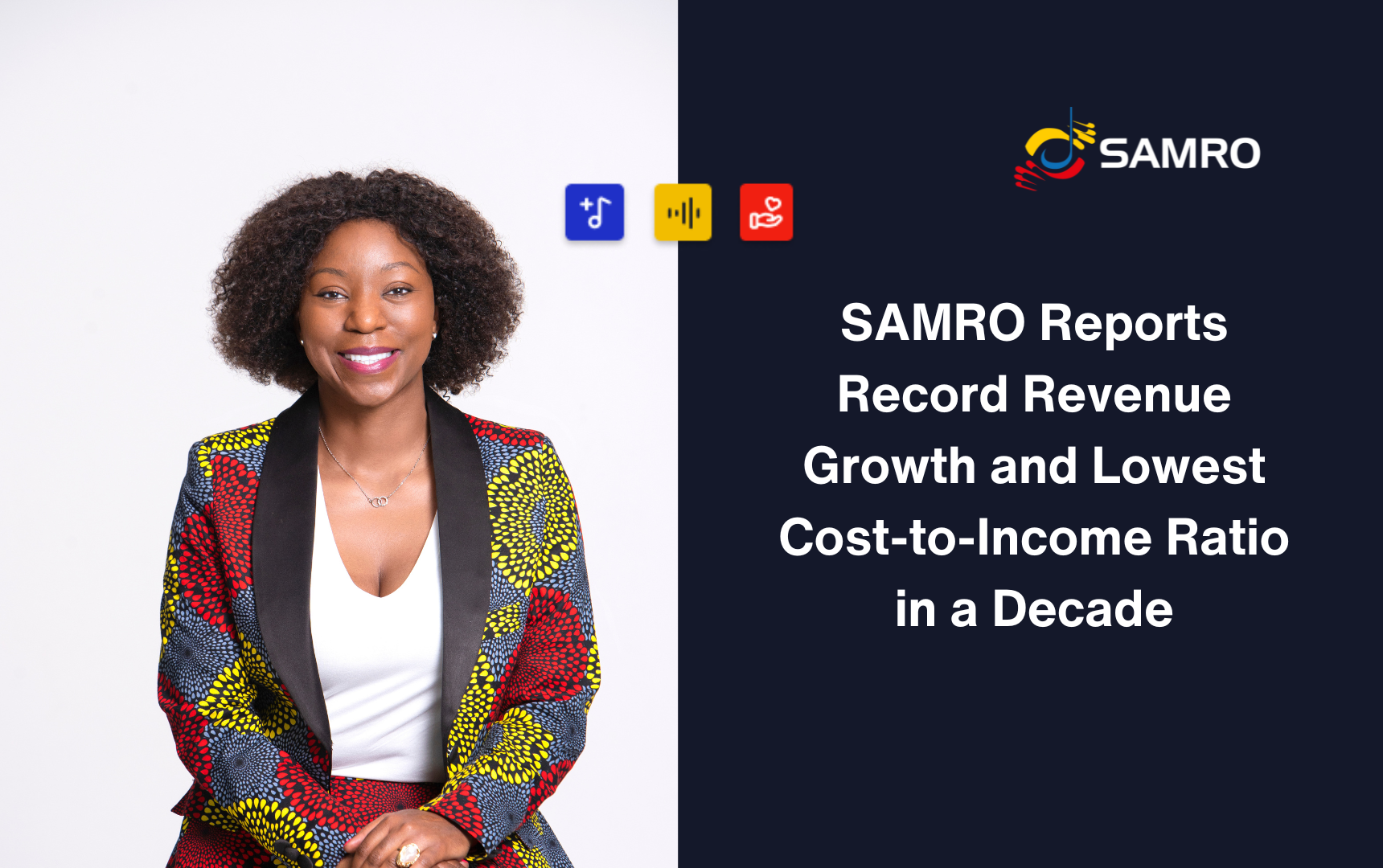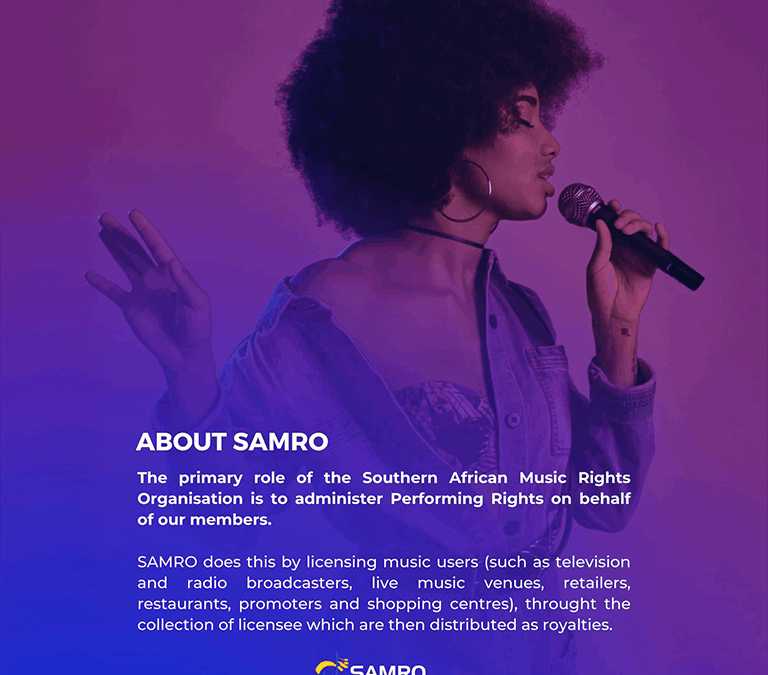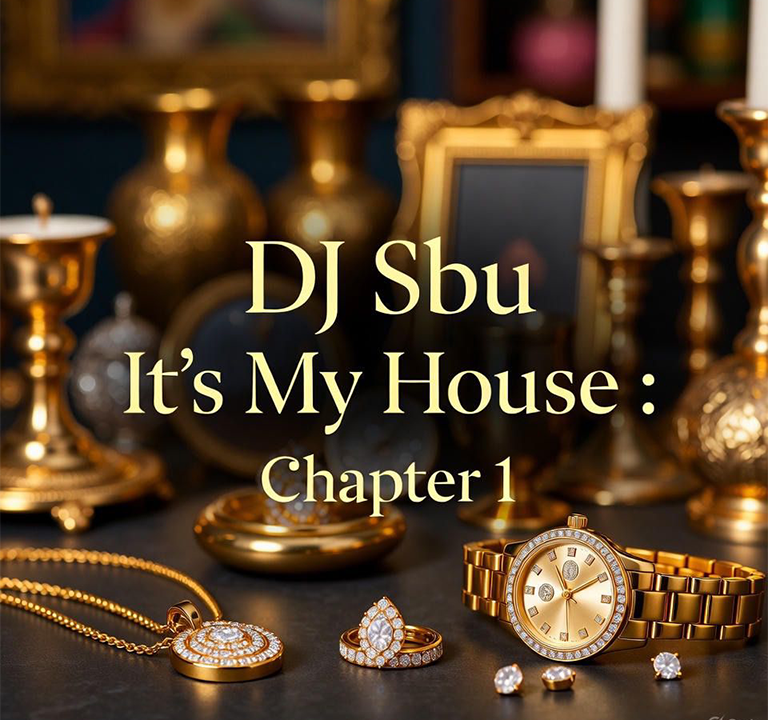
Lebo M Live in concert with special guest Hans Zimmer: Celebrating a Musical Legacy
16 April 2025
Galaxy Tab S10 FE Series Brings Intelligent Experiences to the Forefront with Premium, Versatile Design
7 May 2025The South African music industry has long been a vibrant tapestry of diverse sounds and talents. Yet, beneath the surface, many artists have voiced concerns about being short-changed by music labels, particularly regarding the non-payment or underpayment of royalties. This sentiment has been echoed by numerous musicians who feel that their creative contributions are not adequately compensated.

Artists’ grievances often centre around the opaque practices of certain music labels and collection agencies. In 2020, for instance, the South African Music Performance Rights Association (SAMPRA) collected R200 million in royalties but allocated R41 million to administrative costs—a figure significantly higher than the global average of 7% for such expenses. Moreover, reports indicated that SAMPRA held over R460 million in undistributed revenue, raising questions about the efficiency and transparency of royalty distributions.
The Southern African Music Rights Organisation (SAMRO), responsible for collecting and distributing royalties for composers and publishers, has also faced scrutiny. While SAMRO has made strides in digital royalty collections, distributing over R33 million in the first quarter of 2024, many artists argue that these figures pale in comparison to the revenues generated by their work, especially in the digital realm.
Amidst these challenges, streaming platforms like Spotify have emerged as alternative avenues for artists to monetize their music. According to Spotify’s 2024 “Loud & Clear” report, South African artists collectively earned nearly R256 million in royalties from the platform in 2023—a 240% increase since 2019 and a more than 500% rise since 2017. This surge reflects not only the global appeal of South African music genres like Amapiano but also the platform’s commitment to transparency and fair compensation.
Notably, the number of South African artists earning over R100,000 in royalties from Spotify has grown more than fivefold since 2018. Such figures underscore the potential of streaming services to provide artists with more direct and equitable revenue streams, bypassing some of the traditional industry’s pitfalls.
The contrast between the earnings from streaming platforms and traditional collection agencies highlights a pressing need for reform within the South African music industry. While platforms like Spotify offer promising alternatives, it’s essential for local institutions to enhance transparency, reduce administrative overheads, and ensure timely and fair royalty distributions.
For South African artists to truly thrive, a collaborative effort is required—one that combines the global reach and efficiency of streaming platforms with reformed local structures that prioritize artists’ rights and earnings.





